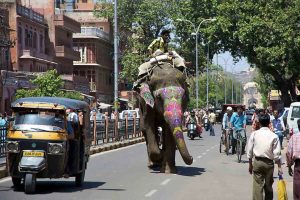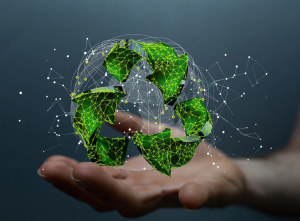
Why Sustainability Is Becoming A Boardroom Priority
Sustainability has shifted from a peripheral CSR activity to a core strategic concern for corporate boards. Driven by climate risks, regulatory pressures, investor expectations, and evolving consumer preferences, companies are increasingly integrating ESG considerations into governance, risk management, and long-term strategy. The article highlights that boards are now focusing on climate disclosures, supply chain resilience, sustainable finance, and accountability metrics, recognizing that environmental and social performance directly impact financial outcomes and brand value. It concludes that sustainability is no longer optional, it is a leadership and governance imperative essential for competitiveness, resilience, and stakeholder trust in a rapidly changing global economy.






